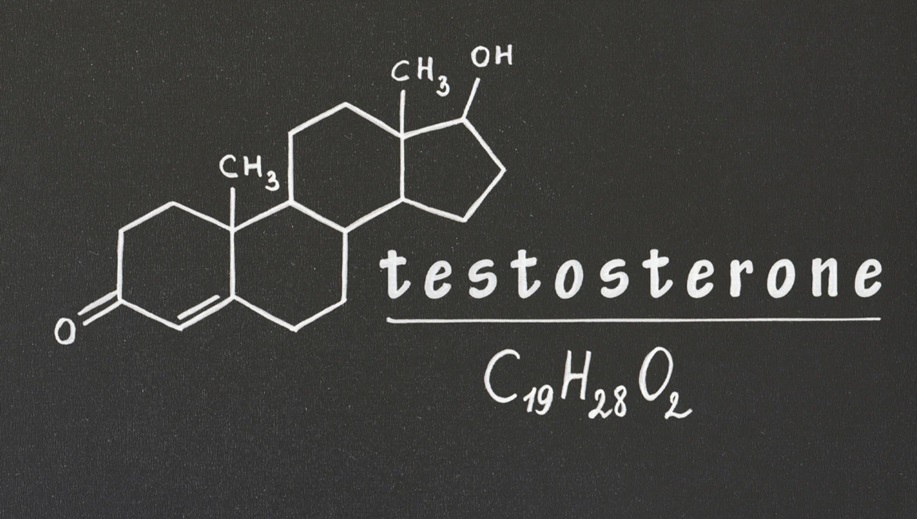Testosterone is often associated with men, but it also plays a crucial role in women’s health. While estrogen and progesterone are the primary female hormones, testosterone contributes to energy levels, muscle strength, mood, and libido. In cases where levels decline, testosterone replacement in Atlanta may help restore balance and improve overall well-being. However, there are important benefits and considerations to evaluate before starting therapy.
Understanding Testosterone Therapy for Women
Testosterone therapy for women involves supplementing the hormone when natural levels are low. This decline can be due to age, medical conditions, or other factors. Women experiencing symptoms like fatigue, decreased sexual desire, and muscle weakness may benefit from therapy.
Benefits of Testosterone Therapy
Many women undergoing testosterone replacement therapy report improvements in several areas:
1. Enhanced Energy and Mood
Low testosterone can contribute to fatigue, depression, and brain fog. Therapy may help improve energy levels and mental clarity, promoting an overall sense of well-being.
2. Improved Libido and Sexual Function
Testosterone plays a role in sexual health, and its deficiency can lead to reduced libido and discomfort during intimacy. Therapy may help increase sexual desire and enhance overall satisfaction.
3. Increased Muscle Mass and Bone Density
Testosterone is essential for maintaining muscle mass and bone strength. Women who undergo therapy may experience improved muscle tone and a reduced risk of osteoporosis.
4. Better Metabolism and Weight Management
Hormonal imbalances can slow metabolism, making weight management difficult. Balancing testosterone levels may support a healthier metabolism and contribute to weight maintenance.
Considerations Before Starting Therapy
Before opting for testosterone replacement, it’s important to weigh potential risks and side effects.
1. Possible Side Effects
While therapy offers benefits, it can also cause side effects such as acne, excessive hair growth, and voice deepening. Consulting a healthcare provider to find the right dosage is essential to minimize these risks.
2. Individualized Treatment Plans
Testosterone therapy is not a one-size-fits-all solution. Factors like age, medical history, and hormone levels should be considered before starting treatment.
3. Long-Term Health Impacts
There is ongoing research into the long-term effects of testosterone therapy for women. Understanding potential risks and regularly monitoring hormone levels is crucial to ensure safe and effective treatment.
Some concerns include the possibility of increased cardiovascular risks and changes in cholesterol levels. It’s important to stay informed about the risks associated with testosterone replacement and discuss them with a healthcare provider before beginning therapy.
Who Should Consider Testosterone Therapy?
Women who experience significant symptoms of testosterone deficiency and have ruled out other underlying health issues may be candidates for therapy. It is typically recommended for postmenopausal women or those with medical conditions that affect hormone production.
Conclusion
Testosterone therapy can offer several benefits for women dealing with hormonal imbalances, but it requires careful consideration. Understanding the benefits, potential risks, and personalized treatment options is crucial for achieving the best results. Consulting a healthcare provider is essential to determine if this therapy is the right choice based on individual health needs.

